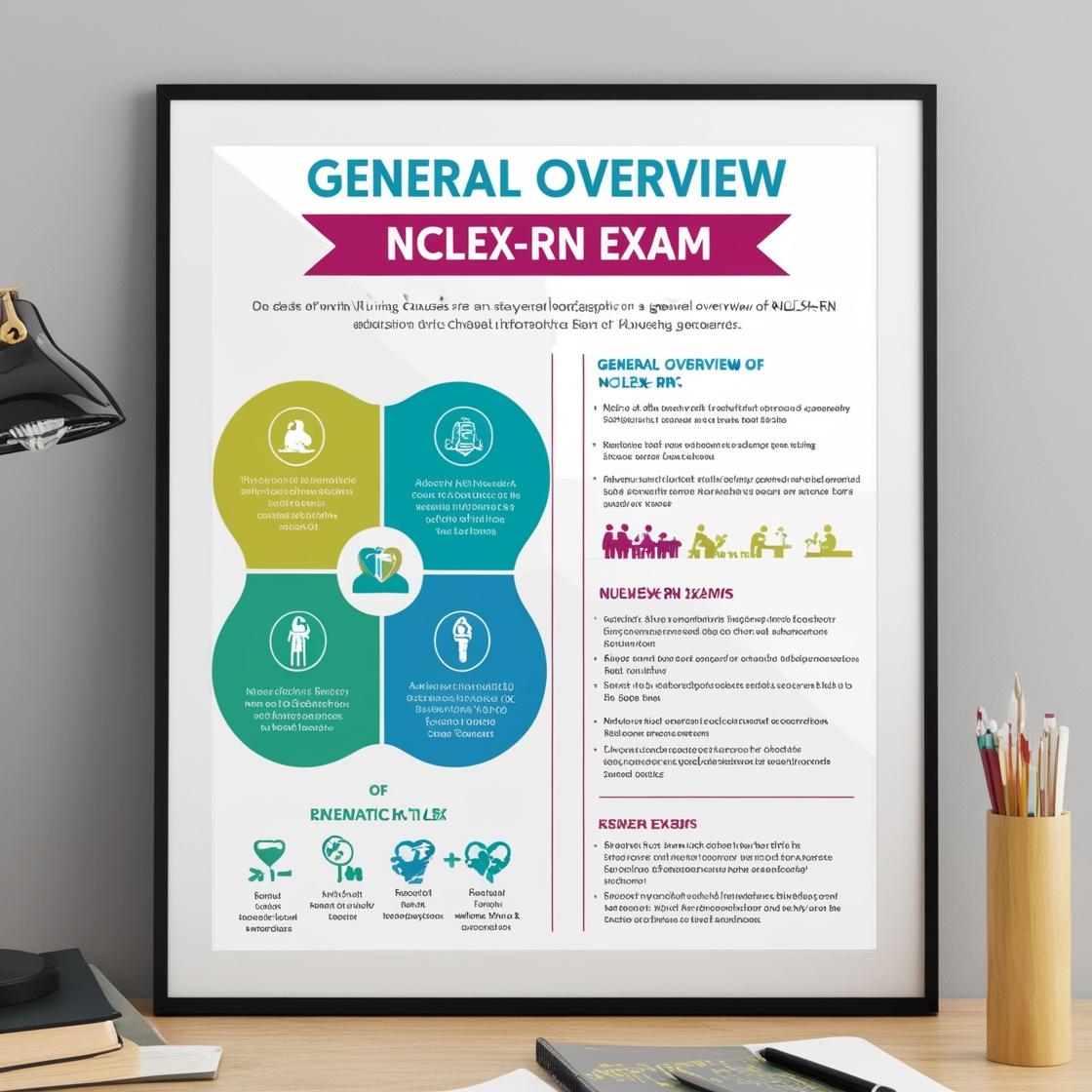NCLEX-RN
NCLEX RN Practice Questions Exam Cram
1. A nurse and client are discussing the client's progress toward understanding his behavior under stress. This is typical of which phase in the therapeutic relationship?
- A. Pre-interaction
- B. Orientation
- C. Working
- D. Termination
Correct answer: C
Rationale: The correct answer is the working phase. During this phase, the nurse and client actively work together to explore alternative behaviors and techniques. Discussions in this phase focus on understanding the underlying meaning behind the behavior and implementing strategies for change. Pre-interaction (choice A) refers to the phase before the nurse and client first meet and establish a relationship. The orientation phase (choice B) involves introductions, setting goals, and establishing boundaries. Termination (choice D) is the phase where the therapeutic relationship concludes, and closure is achieved.
2. The nurse is planning care for a client during the acute phase of a sickle cell vasoocclusive crisis. Which of the following actions would be most appropriate?
- A. Fluid restriction to 1000cc per day
- B. Ambulate in the hallway 4 times a day
- C. Administer analgesic therapy as ordered
- D. Encourage increased caloric intake
Correct answer: C
Rationale: Administering analgesic therapy as ordered is the most appropriate action during the acute phase of a sickle cell vasoocclusive crisis. In this phase, the primary focus is on managing the severe pain experienced by the individual. Analgesic therapy helps alleviate the pain and discomfort associated with the crisis. The other options are not the priority during this phase. Fluid restriction is not recommended as hydration is crucial in managing a vasoocclusive crisis. Ambulation may worsen the pain and should be minimized during this phase. Encouraging increased caloric intake is not directly related to managing the acute phase of a vasoocclusive crisis.
3. The parents of a newborn male with hypospadias want their child circumcised. The best response by the nurse is to inform them that
- A. Circumcision is delayed so the foreskin can be used for the surgical repair
- B. This procedure is contraindicated because of the permanent defect
- C. There is no medical indication for performing a circumcision on any child
- D. The procedure should be performed as soon as the infant is stable
Correct answer: A
Rationale: Circumcision is delayed so the foreskin can be used for the surgical repair. Even if mild hypospadias is suspected, circumcision is not done to save the foreskin for surgical repair if needed. Choice B is incorrect because circumcision is not contraindicated due to a permanent defect; it is delayed for potential surgical needs. Choice C is incorrect as there are situations where a circumcision may be indicated for medical or cultural reasons. Choice D is incorrect because circumcision for hypospadias-related repair is not done immediately but rather delayed to preserve the foreskin for potential reconstructive surgery.
4. A client is scheduled for an Intravenous Pyelogram (IVP). In order to prepare the client for this test, the nurse would:
- A. Instruct the client to maintain a regular diet the day prior to the examination
- B. Restrict the client's fluid intake 4 hours prior to the examination
- C. Administer a laxative to the client the evening before the examination
- D. Inform the client that only 1 x-ray of his abdomen is necessary
Correct answer: C
Rationale: Administering a laxative to the client the evening before the examination is the correct action. Bowel prep is crucial for an Intravenous Pyelogram (IVP) as it helps in achieving better visualization of the bladder and ureters. Instructing the client to maintain a regular diet the day prior to the examination (Choice A) is not the appropriate preparation for an IVP. Restricting the client's fluid intake 4 hours prior to the examination (Choice B) is not necessary for this test. Informing the client that only 1 x-ray of his abdomen is necessary (Choice D) is not relevant to the preparation process for an IVP.
5. The nurse is caring for a 13-year-old following spinal fusion for scoliosis. Which of the following interventions is appropriate in the immediate post-operative period?
- A. Raise the head of the bed at least 30 degrees
- B. Encourage ambulation within 24 hours
- C. Maintain in a flat position, logrolling as needed
- D. Encourage leg contraction and relaxation after 48 hours
Correct answer: C
Rationale: In the immediate post-operative period following spinal fusion for scoliosis in a 13-year-old, it is important to maintain the patient in a flat position and perform logrolling as needed. This helps prevent injury to the surgical site and ensures proper spinal alignment. Raising the head of the bed at least 30 degrees is contraindicated as it can put strain on the surgical site. Encouraging ambulation within 24 hours may be appropriate in the recovery process but not in the immediate post-operative period. Encouraging leg contraction and relaxation after 48 hours may also be part of the rehabilitation process but is not a priority in the immediate post-operative period.
Similar Questions

Access More Features
NCLEX RN Basic
$69.99/ 30 days
- 5,000 Questions with answers
- Comprehensive NCLEX coverage
- 30 days access @ $69.99
NCLEX RN Premium
$149.99/ 90 days
- 5,000 Questions with answers
- Comprehensive NCLEX coverage
- 30 days access @ $149.99
